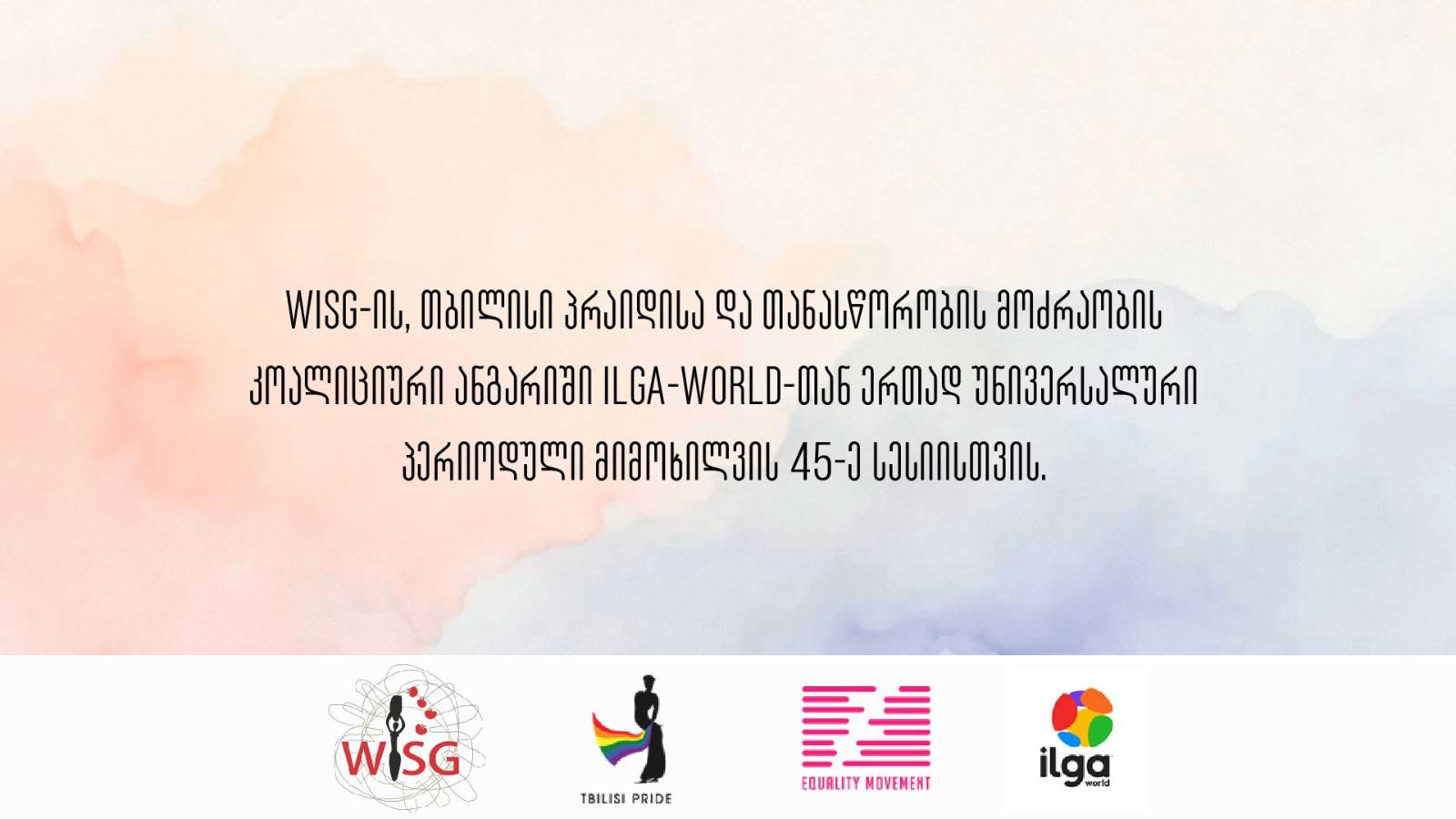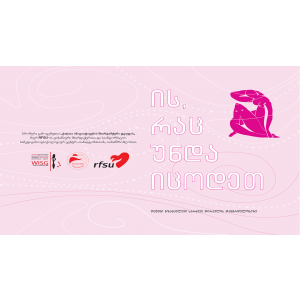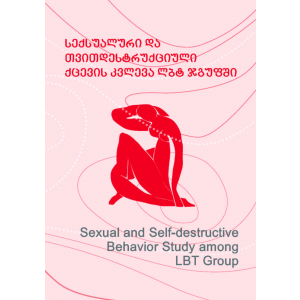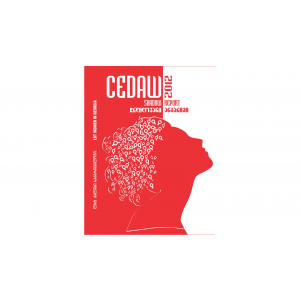The report is prepared by ILGA World, Women’s Initiatives Supporting Group (WISG), Tbilisi Pride, and Equality Movement (EM) in the framework of the fourth Universal Periodic Review of Georgia.
Introduction
1.
This shadow report, prepared by a coalition of Georgian LGBTI
organisations, evaluates the country’s human rights performance in
implementing SOGIESC-related recommendations from the previous review
and the existing human rights situation.
Methodology
2.
The report employs a mixed-methods approach, combining a desk review of
national legislation, civil society monitoring reports, assessments by
international stakeholders, research studies, ECtHR case law, public
statements, media coverage, and confidential consultations with human
rights defenders, as well as documented cases by NGOs.
National UPR Context
3.
In its 3rd cycle (2021), Georgia accepted 19 out of 21 SOGIESC-specific
recommendations, committing to stronger protections against
discrimination and violence. However, since the previous review, the
ruling party, Georgian Dream, has accelerated its crackdown on human
rights and democratic freedoms. Out of the 19 accepted recommendations,
none have been fully implemented, 17 remain unimplemented, and 2 have
been partially implemented. Between 2022 and 2025, the country
experienced significant backsliding, including gross violations of the
human rights of all individuals, including LGBTI people. This period has
been marked by the adoption of restrictive anti-LGBTI legislation,
including bans on trans-specific healthcare, legal gender recognition,
the right to peaceful assembly, and freedom of expression, highlighting a
growing gap between Georgia’s commitments and their implementation.
4.
LGBTI persons have faced systematic rollbacks of rights, escalating
state-sponsored hostility, and growing exclusion from public life.
Meanwhile, progress on gender equality has been undermined. Measures
promoting women’s political participation were revoked, and gender-based
violence, particularly perpetrated by law enforcement, has gone
unpunished, perpetuating a climate of impunity. While the 2014 Law on
the Elimination of All Forms of Discrimination was once celebrated as a
milestone, its inadequate enforcement in recent years reflects broader
institutional regression. Georgia’s democratic backsliding raises
serious concerns regarding its adherence to its human rights obligations
under the UPR framework.
Full report is available in English on the link:
State of Human Rights of LGBTI people in Georgia (2021 to 2025)







